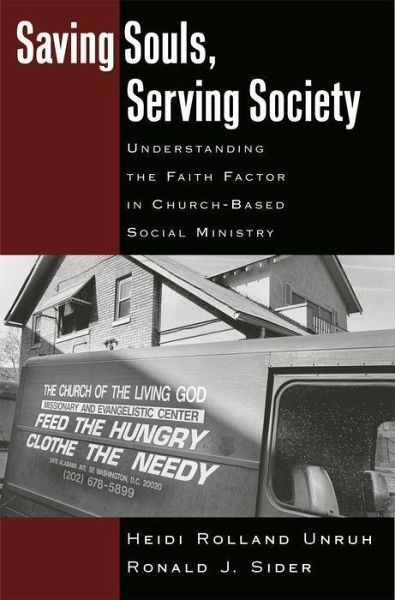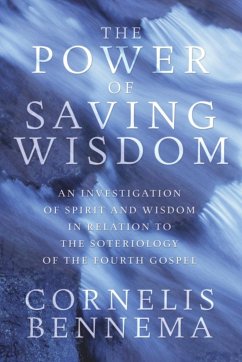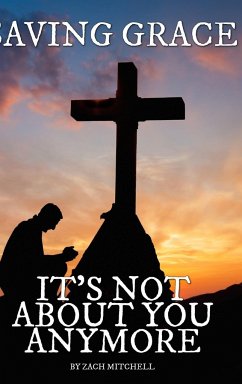
Saving Souls, Serving Society
Understanding the Faith Factor in Church-Based Social Ministry
Versandkostenfrei!
Versandfertig in 1-2 Wochen
81,99 €
inkl. MwSt.
Weitere Ausgaben:

PAYBACK Punkte
41 °P sammeln!
As public funding for social services has been slashed, there has arisen an unprecedented interest in the potential (and dangers) of faith-based institutions as agents of social change. Now, as President Bush begins his second term, he has placed government funding of faith-based programs at the top of his domestic agenda. What distinguishes church-based from secular social activism? What is particularly religious about church-based social services? How do churches express their religious identity in the context of social services, and how does this affect their access to resources and partners? This book, based on a Lilly-funded study of fifteen Philadelphia churches with active outreach, seeks to answer these and other pressing questions surrounding this important and controversial issue. Providing a far more objective understanding of faith-based initiatives than previously available, this study will be of interest not only to scholars of sociology of religion, social work, and social policy, but to denominational leaders, non-profit professionals, social policy analysts, community development practitioners, and others with the common goal of aiding struggling communities.
Recent years have seen unprecedented attention to faith-based institutions as agents of social change, spurred in part by cuts in public funding for social services and accompanied by controversy about the separation of church and state. The debate over faith-based initiatives has highlighted a small but growing segment of churches committed to both saving souls and serving society. What distinguishes faith-based from secular activism? How do religious organizations express their religious identity in the context of social services? How do faith-based service providers interpret the connection between spiritual methodologies and socioeconomic outcomes? How does faith motivate and give meaning to social ministry? Drawing on case studies of fifteen Philadelphia-area Protestant churches with active outreach, Saving Souls, Serving Society seeks to answer these and other pressing questions surrounding the religious dynamics of social ministry. While church-based programs often look similar to secular ones in terms of goods or services rendered, they may show significant differences in terms of motivations, desired outcomes, and interpretations of meaning. Church-based programs also differ from one another in terms of how they relate evangelism to their social outreach agenda. Heidi Rolland Unruh and Ronald J. Sider explore how churches navigate the tension between their spiritual mission and the constraints on evangelism in the context of social services. The authors examine the potential contribution of religious dynamics to social outcomes as well as the relationship between mission orientations and social capital. Unruh and Sider introduce a new vocabulary for describingthe religious components and spiritual meanings embedded in social action, and provide a typology of faith-based organizations and programs. Their analysis yields a framework for Protestant mission orientations that makes room for the diverse ways that churches interrelate













